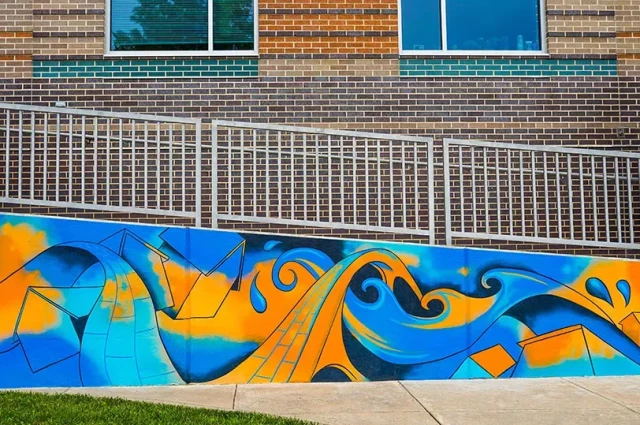Bert Nash Community Mental Health Center Information
Treatment
Who We Treat
- Young Adults (18–25)
- Adolescents
- Children
- Midlife Adults
- Older Adults
- Male and Female
- Veterans
Treatment Focus
- Anxiety
- Depression
- Co-Occurring Disorders
- Children
- Drug Addiction
Approaches
- Family Involvement
- Group Therapy
- Family Therapy
- Evidence-Based
- Strengths-Based
- Acceptance and Commitment Therapy (ACT)
- 1-on-1 Counseling
- Cognitive Behavioral Therapy (CBT)
- Dialectical Behavior Therapy (DBT)
- Individual Treatment
Conditions We Treat
- Post Traumatic Stress Disorder
- Anxiety
- Depression
- Suicidality
- Personality Disorders
- Bipolar
- Trauma
- Self-Harm
- Anger
Substances We Treat
- Alcohol
- Opioids
- Nicotine
Aftercare
- Outpatient Treatment
- Family Follow-Up Counseling
- Follow-up Sessions (in-person)
- Employment Counseling
- Continuing Care
- Discharge Planning
- Support Meetings
Level of Care
- Day Treatment
- Intensive Outpatient Program (IOP)
- Outpatient
- Virtual & In-Home Care
- Sober Living
Experience
Personal Amenities
- Air-Conditioned Rooms
Smoking and Vaping Policy
- Smoking Not Allowed
- Vaping Not Allowed
Accreditations
-
Commission on Accreditation of Rehabilitation Facilities (CARF)
CARF accreditation is a prestigious recognition for rehabilitation and human service organizations. It signifies that an organization meets high-quality standards and is committed to providing top-level care. CARF conducts rigorous evaluations to ensure compliance, enhancing an organization's credibility and reassuring clients and funders of exceptional service quality. This accreditation promotes excellence and continual improvement in the rehabilitation and human services field.

Bert Nash Community Mental Health Center Accepts The Following Insurance Plans
Find the best treatment options. Call our free and confidential helpline today!

